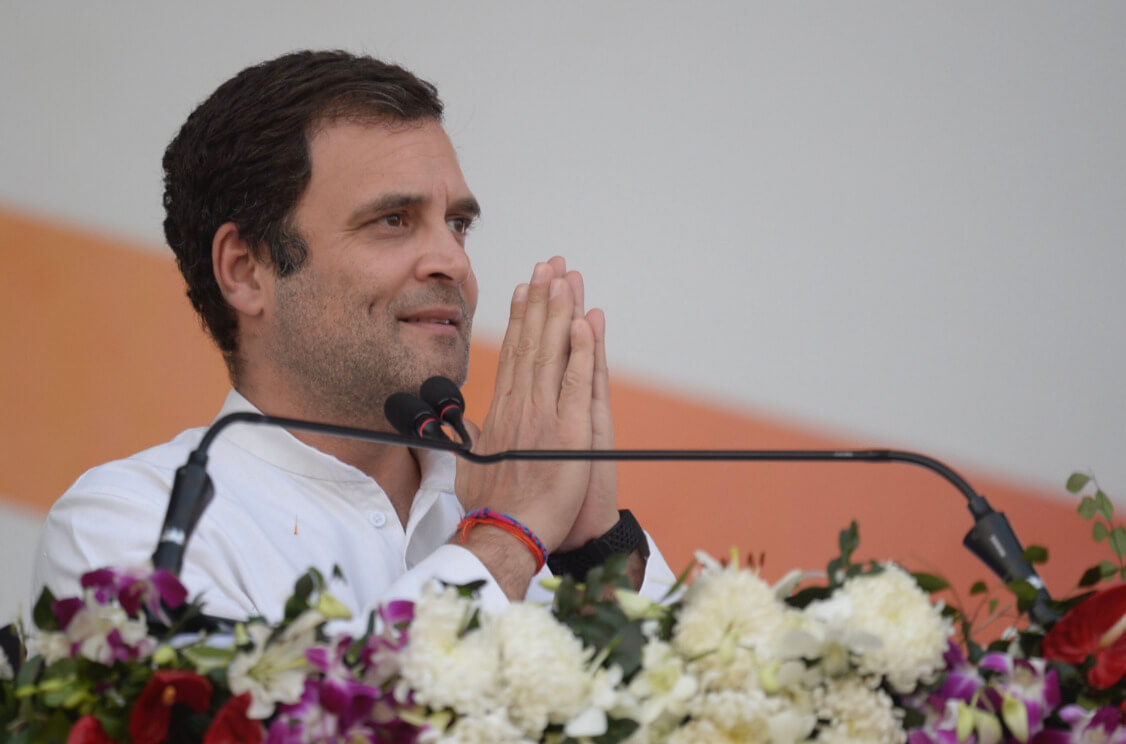Updated January 4, 2023
About The Indian National Congress
The Indian National Congress(INC), commonly known as the Congress Party, is a broad-based political party in India. The Indian National Congress, founded in 1885, dominated the Indian campaign for independence from Great Britain. From freedom, it formed the majority of India’s governments and had a substantial presence in several state governments.
Founder of Indian National Congress
Allan Octavian Hume, a British civil officer, created the Indian National Congress in 1885. Hume’s objective was to establish a forum for educated Indians to express their views on self-government and discuss issues affecting the country.
Womesh Chandra Bonnerjee, a Bengali lawyer, was the INC’s first president. Bonnerjee was chosen by vote at Bombay’s first Congress session in 1885.
Congress as a Popular Movement
In 1915, Mahatma Gandhi returned from South Africa. His activities are well popular among the educated people in South Africa. Mahatma Gandhi was active in three fights in 1917 and 1918: the Champaran Satyagraha, the Ahmedabad Mill Strike, and the Kheda Satyagraha. Following World War I, the party became connected with Gandhi, who remained its unofficial spiritual leader and icon. In 1920, he allied with the Khilafat Movement to fight for the preservation of the Ottoman Caliphate and Indian rights via civil disobedience, or Satyagraha. Gandhi discontinued the movement in 1923 following the murders of police officers at Chauri Chaura.
Gandhi was elected President of Congress in 1924 with the backing of a moderate group led by Gokhale.
Pandit Jawaharlal Nehru, Sardar Vallabhbhai Patel, Rajendra Prasad, Khan Mohammad Abbas Khan, Khan Abdul Ghaffar Khan, Chakravarti Rajgopalachari, Jivatram Kripalani, Anugrah Narayan Sinha, Jayaprakash Narayan, and Maulana Abul Kalam Azad all supported Gandhi and his satyagraha method of revolution.
Pandit Jawaharlal Nehru, Chakravarti Rajgopalachari, Jayaprakash Narayan, Sardar Vallabhbhai Patel, Maulana Abul Kalam Azad, Jivatram Kripalani, Khan Abdul Ghaffar Khan, Anugrah Narayan Sinha, Khan Mohammad Abbas Khan, and Rajendra Prasad all supported Gandhi and his satyagraha method of revolution.
Congress became powerful and dominant due to prevalent nationalism, Gandhi’s popularity, and the party’s efforts to eliminate caste inequalities, untouchability, poverty, and religious and ethnic divisions. Although its members were predominantly Hindu, it also included people of different faiths, socio economic backgrounds, and ethnic and linguistic groupings.
History of Indian National Congress
The Indian National Congress was India’s dominant party during the majority of its independent existence, from 1947 to 1989 and from 1991 to 1996. The party’s social-liberal program is on the center-left of Indian politics.
The party’s internal dynamics and differences have caused it to split multiple times since its formation. The most significant split came in 1969 when Indira Gandhi created the Congress (I) faction, which became the party’s primary group. Another notable break happened in the late 1990s, when the Congress (I) side, led by Sonia Gandhi, renamed itself as the Indian National Congress to differentiate itself from a newly established party called the Nationalist Congress Party. The Indian National Congress’s fundamental philosophy has evolved into Gandhian socialism, social democracy, and populist democracy. Manmohan Singh was the Prime Minister of the Congress Party from 2004 until 2014. Rahul Gandhi, the current party president, replaced Sonia Gandhi in 2017.
( Image: Credit: INC )
The Indian National Congress sprang from the 1857 Indian Rebellion, also known as the Indian Mutiny. Following the uprising, the British administration implemented reforms to enhance India’s governance. These included the construction of regional councils in which Indians may participate and, in 1885, the formation of a central Indian National Congress. The Indian National Congress conducted its inaugural meeting in Bombay (now Mumbai) in December 1885. Allan Octavian Hume, a British government official who had resigned from the Indian Civil Service, created the Congress.
Final Thoughts
The Indian National Congress, along with the BJP, is one of India’s two major political parties. It is a center-left political party that has dominated Indian politics since its independence. The party was formed in 1885 and has undergone several modifications since then. It is now based in Delhi and controlled by Rahul Gandhi. The INC now governs three states and the Union Territory of Puducherry. Pupils must comprehend India’s political scene and keep track of who is in authority.

